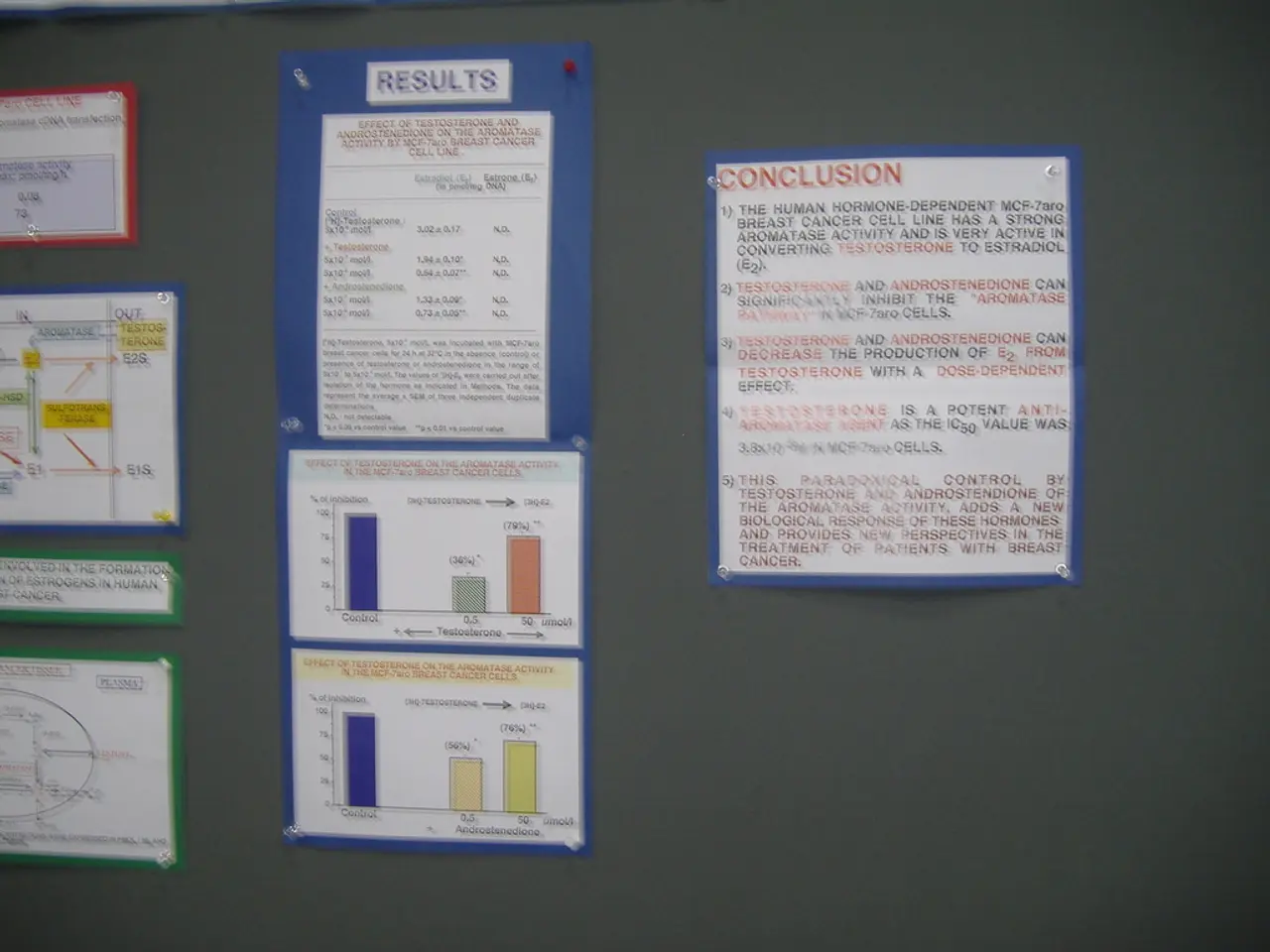Avoid listing illicit substances as financial transactions, banking institution advises
In the world of modern finance, banks are tasked with a delicate balance - ensuring the smooth flow of funds while adhering to strict regulations designed to combat money laundering and fraud. This often means that banks scrutinise payment orders for any signs of irregularities or suspicious content.
One common issue arises when customers provide incomplete or inappropriate payment purposes. Such instances can lead to several consequences, ranging from transaction rejection or delay to investigations and additional fees.
Transaction Rejection or Delay
Banks may reject or delay transactions if they cannot verify the purpose of the payment. This can cause inconvenience and impact timelines for businesses or individuals relying on these funds.
Investigations and Suspicion
Incomplete or inappropriate payment details can trigger anti-money laundering (AML) and know-your-customer (KYC) checks. This might lead to investigations, which can be time-consuming and may result in additional costs or penalties.
Additional Fees
Customers may incur additional fees for transactions that are returned or delayed due to incomplete information. These fees can vary depending on the bank's policies and the type of transaction.
Impact on Credit Score
Repeatedly failing to provide appropriate payment details could lead to returned payments, which may negatively affect credit scores if associated with loan or credit card payments.
To avoid these consequences, customers should follow these guidelines:
1. Provide Clear and Accurate Information: Ensure that the payment purpose is clearly stated and relevant to the transaction. This helps banks verify the legitimacy of the transaction.
2. Follow Bank Guidelines: Familiarise yourself with the bank's requirements for payment descriptions. Some banks may have specific formats or keywords they recommend using.
3. Double-Check Details: Before initiating a transaction, double-check the payment amount, recipient details, and purpose to avoid errors that could lead to delays or rejections.
4. Respond Promptly to Bank Inquiries: If a bank requests additional information, respond quickly to minimise delays and avoid further complications.
5. Regularly Review Bank Statements: Regularly review bank statements to ensure all transactions are correctly recorded and to identify any discrepancies early.
It's essential to remember that the purpose of a payment made through a bank is used for identification and monitoring. Therefore, it should not be used for private correspondence or contain humorous or vague language. Avoid using phrases like 'For a kidney', 'It's not a bribe', or any references to illegal activities, even if meant to be funny.
Moreover, payment purposes containing abbreviations or jargon that matches names on the international sanctions list can cause delays. To prevent such issues, always provide full and clear payment details.
In conclusion, by adhering to these guidelines, customers can help ensure their transactions are processed smoothly, avoiding unnecessary delays and investigations. By working together, banks and customers can maintain a secure and efficient financial system.
Banks might conduct investigations and additional checks on transactions with incomplete or inappropriate payment purposes, as they can trigger anti-money laundering (AML) and know-your-customer (KYC) checks, leading to delays, penalties, or further scrutiny. Moreover, following industry regulations, customers should avoid using payment purposes containing abbreviations or jargon that match names on the international sanctions list to prevent delays or suspicion in the banking-and-insurance sector.




